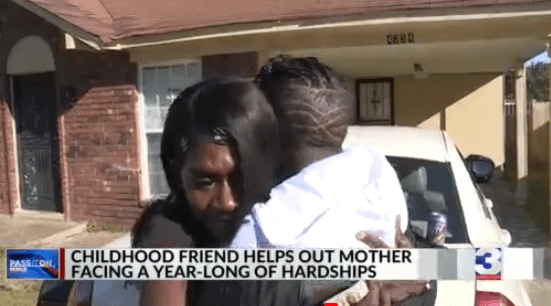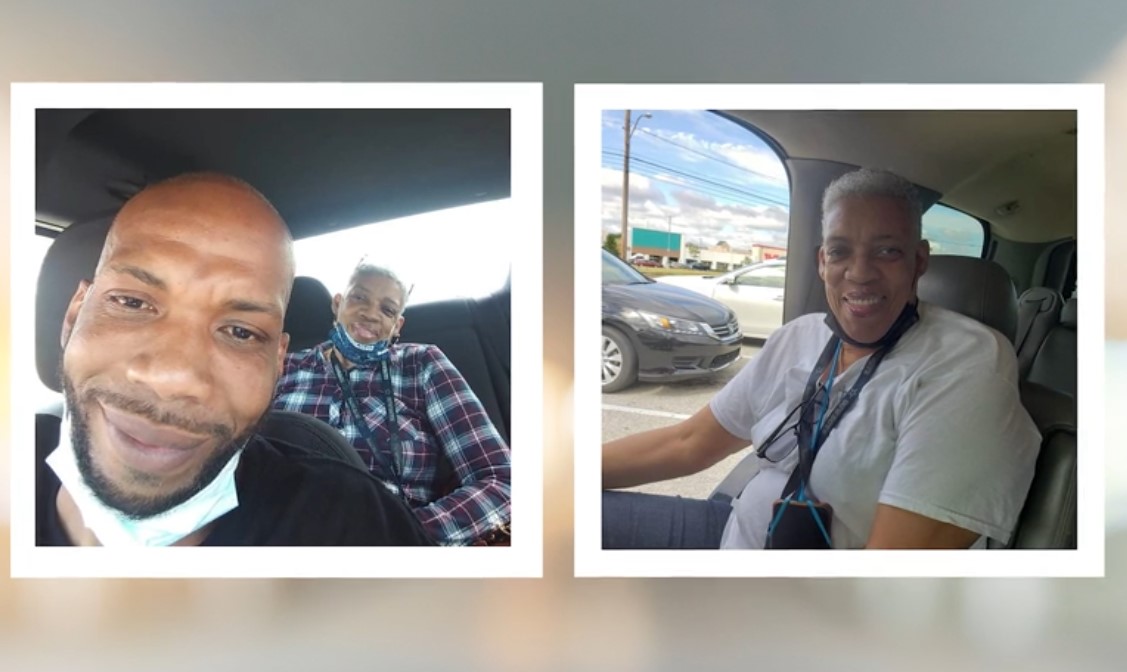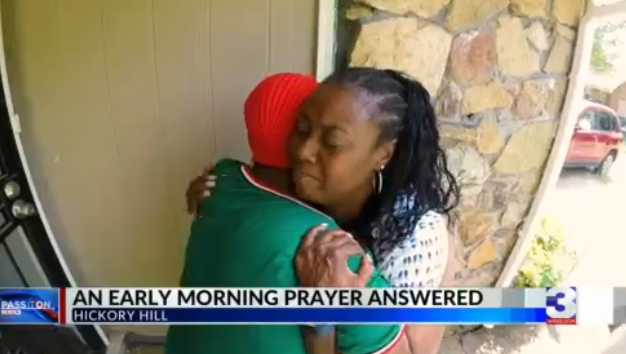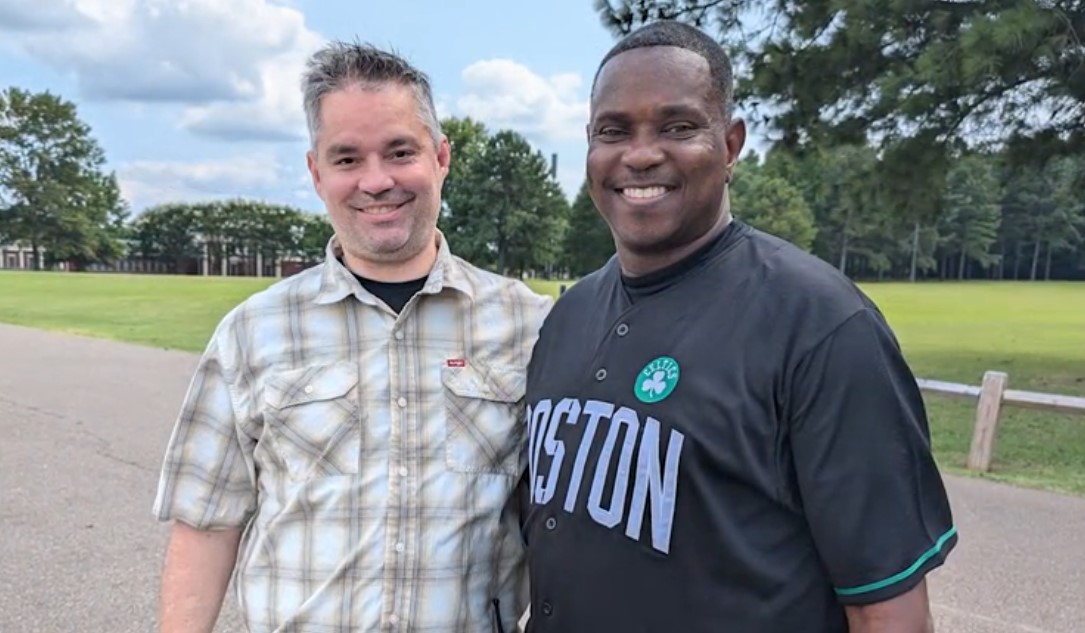MEMPHIS, Tenn. — Any time you call 911 for an emergency in Memphis, it goes to the police dispatch center.
If it’s a fire or medical issue, those calls get transferred to fire department dispatchers so they can get an ambulance or fire engine to you as quickly as possible.
However, officials say 20 percent of the calls ambulances respond to don’t actually need them.
Last year, the Memphis Fire Department made over 135,000 ambulance responses — ranging from shootings to fires to medical issues.
“Our number one goal is to make sure we always have an ambulance available every time someone’s having a true emergency,” said MFD Lt. Kevin Spratlin.
But he says that’s not always the case.
“It’s not uncommon for us to run out of ambulances.”
They have paramedics and EMTs on fire engines, but they can’t bring people to the emergency room.
One reason they run out of ambulances is because one out of five 911 calls aren’t cases where an ambulance is truly needed, but they still send one.
These cases range from stomach pain to high blood pressure to mental health.
Ambulances responded to an average of 74 of these type of calls a day last year.
“What we find in most cases is many people don’t know where to turn. The Memphis Fire Department is always there for them. We always show up. We always help them with whatever they’re dealing with that day. We’re a trusted piece of the community,” said Lt. Spratlin.
To free up resources, they’re working on new initiatives to offer other options.
One currently in the works is having nurses take the calls where it’s determined an ambulance isn’t needed.
The nurses will find out more about their complaint and find them better solutions than a ride to the ER.
“We have built relationships with the clinics around town and we’ll help. We will get the appointment for that person. We’ll arrange for transportation if necessary. We’ll connect them. We’ll throw a warm hand-off to make sure they’re getting the care they need.”
He said behavioral health is also an issue they’re trying to approach.
They keep track of people who call 911 more than three times in a week. There’s been over 370 people who have done that in the past three years, according to MFD.
Instead of sending ambulances, they send healthcare navigator paramedics in an SUV.
“We know they need our help. We just need to find the best help for them and we work hard to find them.”
Lt. Spratlin said they’ll never turn down someone in need, but they want to make sure they’re being set up with the right resource.
As the number of calls go up by about five percent each year, the fire department says they’re always looking for new ways to maximize their resources.
The nurses are in training now and are expected to be working with them by the end of the year.























